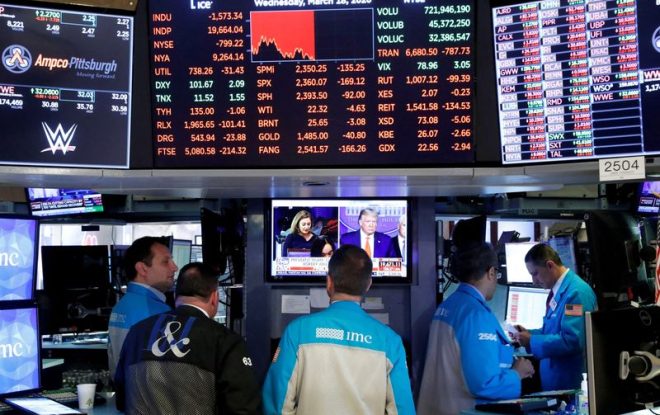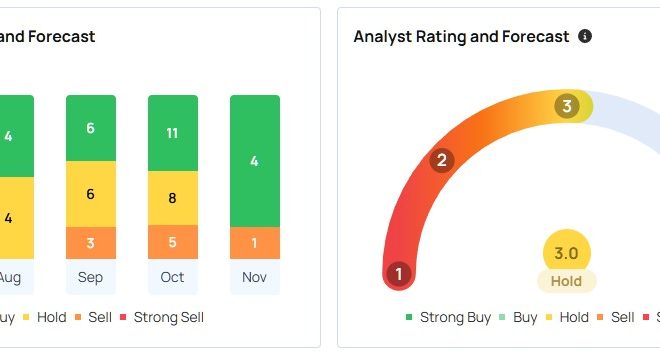Michael Burry Is Betting the House on Chinese Stocks and This Billionaire Investor Is Too. Should You Follow Them?
Even if you’re just a casual investor, there’s a good chance you’re familiar with Michael Burry. He’s the contrarian hedge fund manager made famous by The Big Short, the Michael Lewis book-turned-movie that chronicled the investors who saw the 2008 collapse of the financial system early and bet accordingly.
Burry’s Scion Capital Management made $725 million for his investors by betting against mortgage-backed securities back then, and he pocketed $100 million for himself.
The hedge fund manager has since been closely followed by investors, and though he doesn’t frequently give interviews, anyone can track his moves each quarter through Scion’s 13F filings with the SEC. Burry’s recent purchases show that he’s squarely lining up behind another contrarian bet.
The Scion Capital manager now has approximately 46% of his portfolio in a trio of Chinese tech stocks. Alibaba (NYSE: BABA) made up 21.3% of his portfolio as of the end of the second quarter, followed by Baidu (NASDAQ: BIDU) at 12.4%, and JD.com (NASDAQ: JD) at 12.3%. Burry started buying those stocks in Q4 2022.
The past few weeks notwithstanding, it’s hard to find a more unloved sector than China in recent years. As you can see from the chart below, the iShares MSCI China ETF, a top China ETF, has badly underperformed the S&P 500.
The gains over the last few weeks are related to Beijing’s move to loosen lending rates and restrictions, a sign that Burry’s patience could be paying off.
He’s not alone. Billionaire fund manager David Tepper, who runs Appaloosa Management, has also been stocking up on Chinese stocks. Tepper’s top holding is also Alibaba, representing 12.2% of his holdings, and Pinduoduo parent PDD Holdings (NASDAQ: PDD) makes up another 4.2%. He also owns Baidu, the Kraneshares CSI China ETF (NYSEMKT: KWEB), JD.com, and KE Holdings (NYSE: BEKE), which represent a combined 6.6% of his portfolio.
All totaled, nearly a quarter of Tepper’s holdings are Chinese stocks, and he first started buying the sector, starting with Alibaba, in Q2 2022.
Should you follow these top investors into China? Let’s take a look at one reason to buy Chinese stocks and one reason not to.
Plenty of top investors seem to think the U.S. stock market, as represented by the S&P 500, is overvalued. Even Warren Buffett, one of the biggest cheerleaders for U.S. stocks in history, has been a net seller this year, instead piling into Treasuries.




Leave a Reply